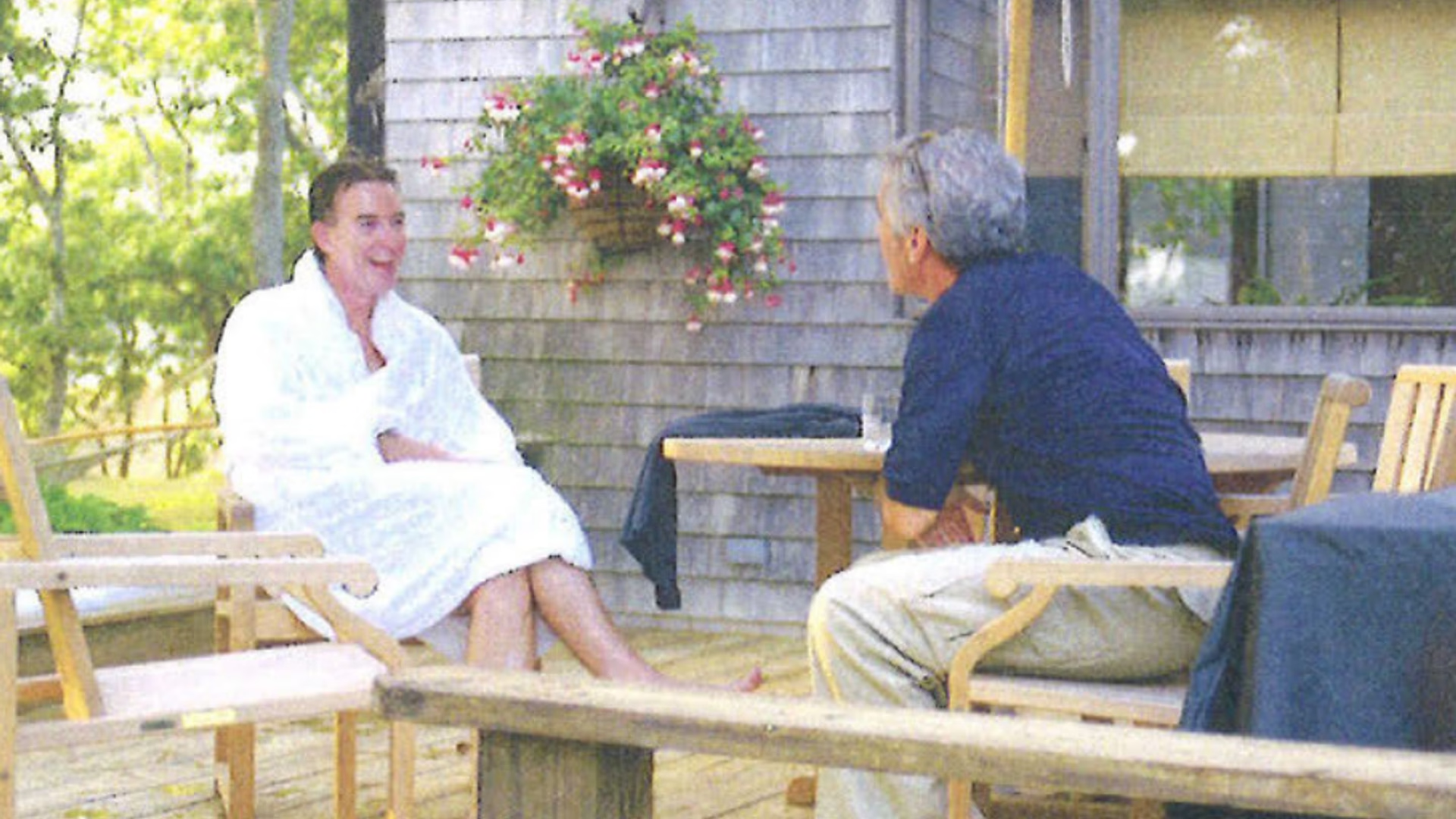
ST. THOMAS — The federal corruption trial of Calvert White and Benjamin Hendricks edged closer to a verdict Thursday following a day of fiery closing arguments from both sides. Prosecutors led with a sharp rebuke of the defendants, accusing White of lining his pockets with Covid relief funds intended to help Virgin Islanders, and portraying Hendricks as his willing accomplice.
“You are about to enter the world of greed and corruption,” prosecutors with the U.S. Dept. of Justice told jurors during an hour-long closing statement. The federal government emphasized that White’s loyalty to the people was “purchased for $16,000” and that Hendricks functioned as the middleman facilitating the bribe. The prosecution quoted White warning co-defendants at the start of the alleged scheme: “I’ve been doing this for a while. I have a document here, but I do not want you to take a picture of it, and I do not want you to leave with it. I’ve seen people lose their jobs and go to jail for something like this, so I hope you have photographic memory.”
Prosecutors said that statement revealed White’s full awareness of his actions. They also reminded jurors that the government’s case is built not just on testimony from David Whitaker—who admitted to bribery and fraud—but also on recordings, text messages, bank records, and surveillance evidence.
“This isn’t about whether you like Whitaker,” the prosecutor argued. “You don’t have to like him to believe the facts and the recordings. The evidence speaks for itself.”
The defense countered with emotional appeals and claims of government overreach. Clive Rivers, White’s attorney, attempted to dismantle the government’s case by characterizing Whitaker as a manipulative con man embedded by federal authorities to ensnare local officials.
“I’m not polished. I don’t have slideshows. I’m just a country lawyer from Nisky,” Rivers told the jury. He asked them to focus on “reasonable doubt,” arguing that audio recordings were taken out of context and that transcripts were fabricated. He noted that festive background noise during the Crucian Christmas Festival in December 2023 made much of the audio unintelligible. “If you left your common sense in the car, go and get it,” Rivers urged, accusing the prosecution of manipulating the narrative.
Rivers argued that White never attended the evaluation committee meetings and that procurement procedures had already made the contract amount public six months earlier. He also contested the significance of a $5,000 cash deposit found in White’s account, saying it was added 90 days later and could have been unrelated to the alleged bribe.
Justice, Rivers said, “is like a pizza—it must be whole, not just six slices out of ten.” He told jurors that if they couldn’t remain impartial, they would be “lying to the people.”
Benjamin Hendricks’s attorney, Darren John Baptiste, echoed that sentiment, suggesting that Whitaker was cooperating with the government long before the alleged bribery occurred and was planted to bring down his clients.
Both defense attorneys argued that the evidence was manipulated and that the government’s timeline was skewed. They challenged the validity of recordings, claimed selective editing, and accused the FBI and Whitaker of orchestrating the entire situation.
Prosecutors returned for a rebuttal, stating that jurors had been presented with full evidence: audio clips, text messages, and witness identifications confirming that Whitaker and White were heard on recordings. “Facts are facts,” the prosecution said.
U.S. District Court Judge Mark Kearney then spent an hour instructing the jury on the legal definitions and elements required for a conviction. The jury began deliberations at approximately 1:45 p.m.
By 2:30 p.m., jurors returned with a question: they requested a rulebook to clarify legal terms, despite the judge having already read the instructions aloud. Rivers objected, saying it could unfairly influence the jury, but prosecutors disagreed, asserting the jurors should have access to guidance so long as the judge clarified that his instructions superseded any written material.
At 4:40 p.m., the jury submitted another question, asking for clarification on whether “state-to-state” wire fraud applied to U.S. territories. Rivers was unable to answer and deferred to the judge, who said he didn’t want to speculate. Prosecutors responded by listing applicable jurisdictions—Guam, the District of Columbia, and the U.S. Virgin Islands—prompting the judge to instruct the jury accordingly.
Deliberations are set to resume Friday at 8:30 a.m.
British Caribbean News


